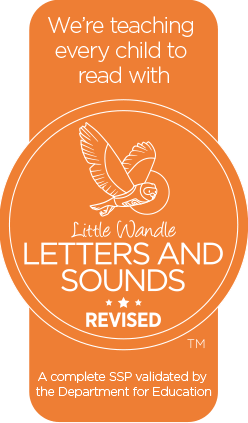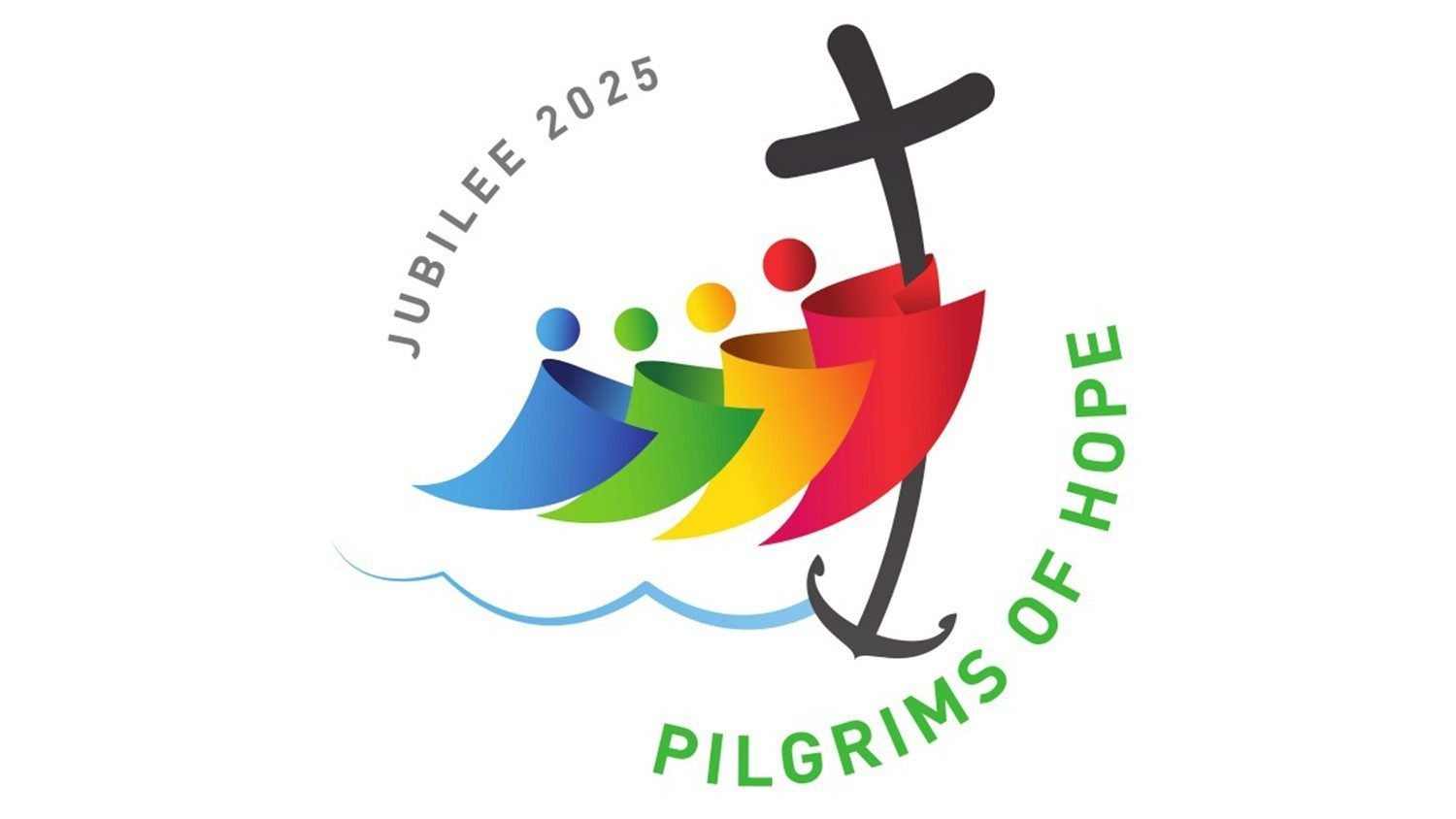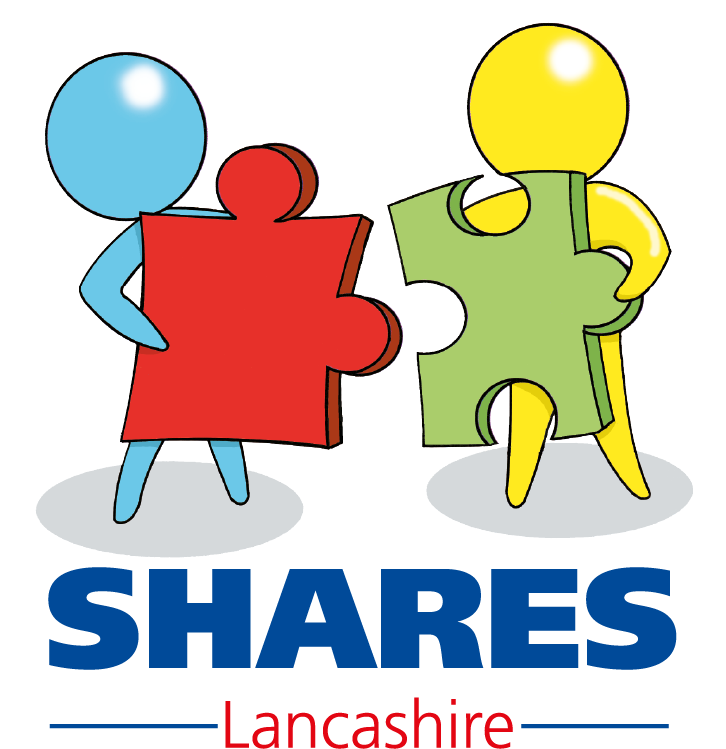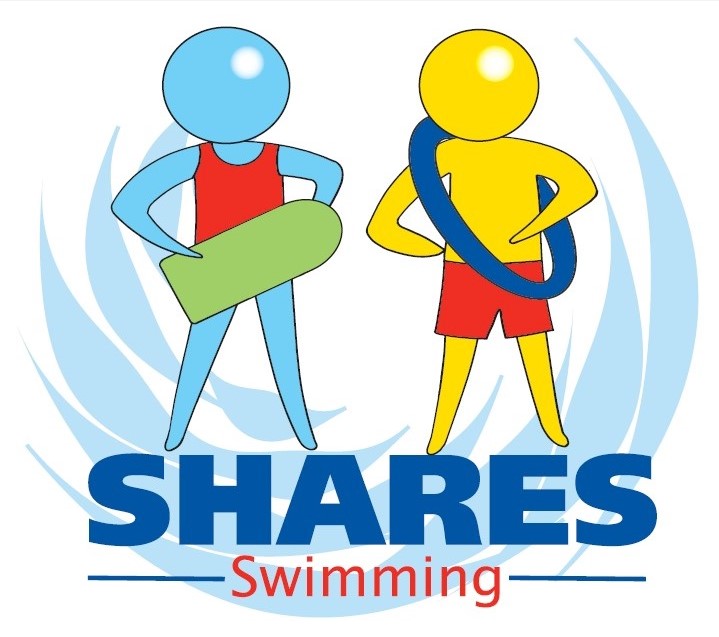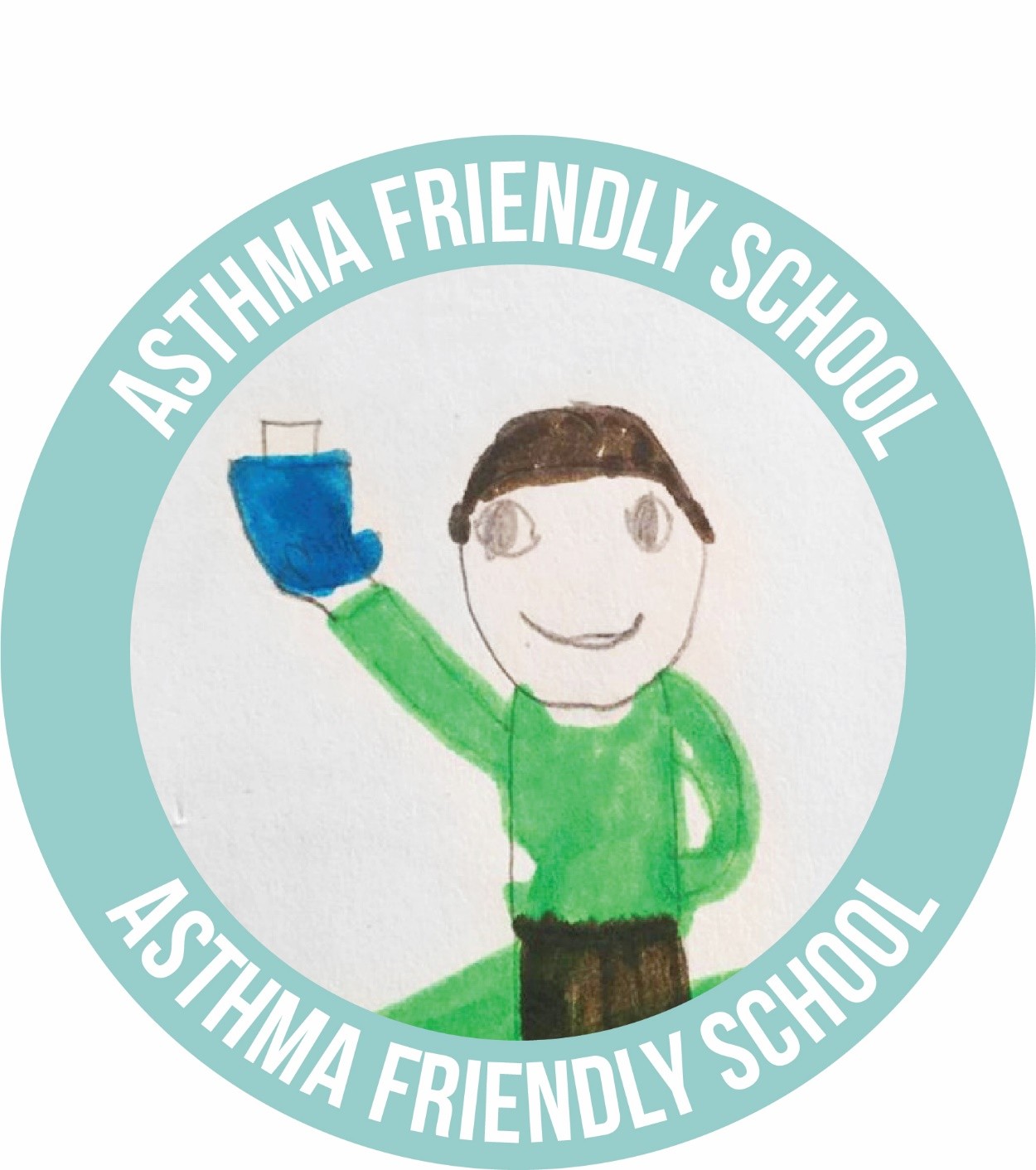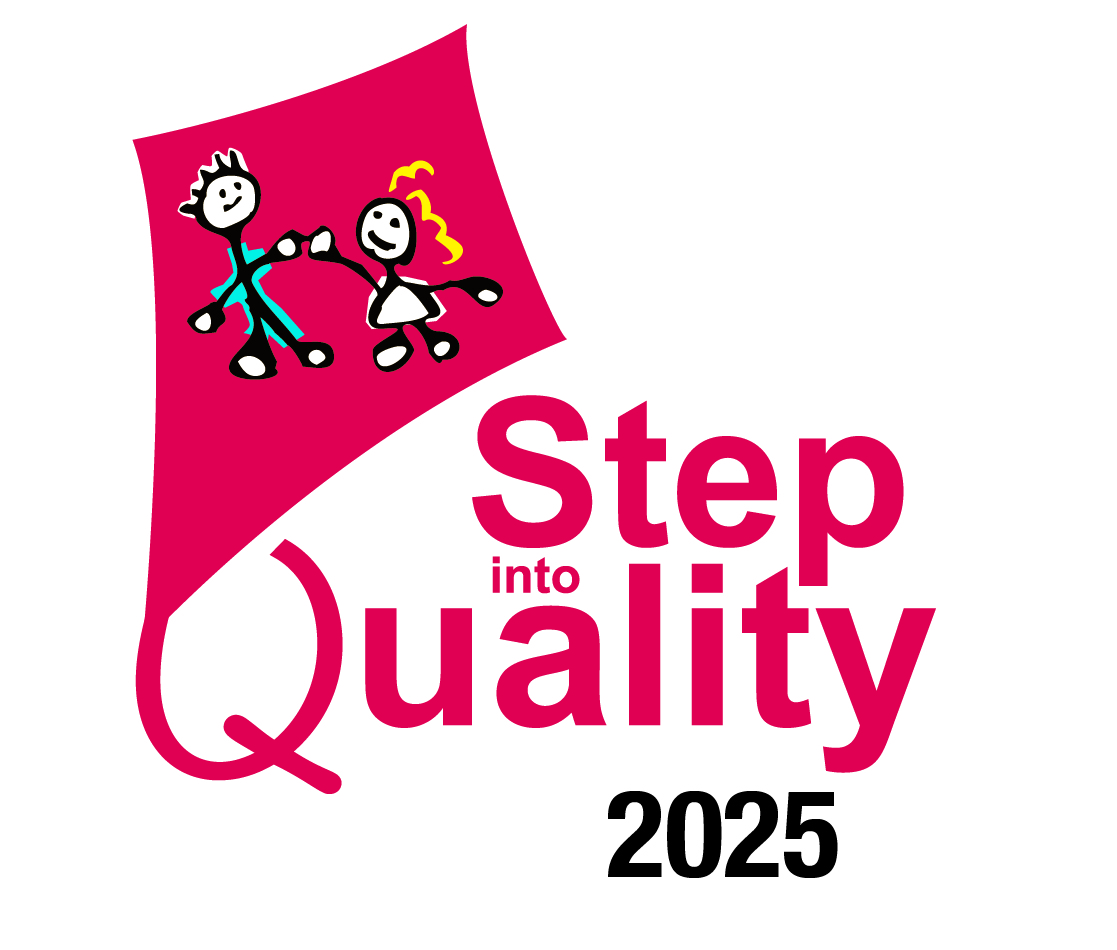
St. Edmund’s Catholic Primary School
Curriculum Intent Statement
Our Curriculum
At St Edmund’s, we believe in creating a curriculum that is both based on skills as well as knowledge. We endeavor to provide a broad and balanced curriculum that promotes gospel values, develops social and emotional well-being and expands the use of subject-specific vocabulary. We recognise reading as an essential tool for our children to access the curriculum; therefore, as a school, developing reading skills is a fundamental part of the Early Years and KS1 curriculum.
Throughout our curriculum, the children are given the opportunity to develop their ‘capital culture’ through educational visits, projects with professionals and topics having a specific purpose. This forms an important role in the widening of children’s experiences and their understanding that with hard work and determination they can achieve their dreams.
After consultation with the school community, we believe the children should have the opportunity to develop the following skills in order to be ready for the next step of their educational journey:
Basic Skills
To form positive relationships with both adults and peers.
To understand the importance of social and emotional well-being.
To articulate clearly, changing and adapting language according to the audience.
To read and write fluently with comprehension and purpose.
To understand the four number operations and use appropriately when applying to problem solving situations.
To develop effective technological skills and use appropriately.
Creative Learning Skills
To ask questions that extend thinking.
To seek out challenges and show flexibility.
To connect ideas and experiences in inventive ways.
To generate ideas and explore possibilities.
Active Learning Skills
To have the confidence to have ago/persevere.
To use and apply skills learnt to other situations.
To collaborate with others to work towards common goals.
To invite feedback and deal positively with praise, setbacks and criticism.
Subject Specific Skills
The above skills are generic to all our subjects. We aspire to develop the following skills through our subject specific areas:
Discover – History
Explore issues/events or problems from different perspectives.
Consider the influence of circumstances, beliefs and feelings.
Support conclusions, using reasoned arguments and evidence.
Show empathy to others
Explore – Geography
Explore issues and carry out research.
Recognise pupils’ role as global citizens.
Recognise that pupils can impact their environment and community.
Create – The Arts
Generate ideas and explore possibilities.
Experiment with different alternatives.
Adapt ideas as circumstances change.
Organise time and resources.
Work towards a goal.
The Organisation of our Curriculum
Our curriculum is developed through topics and the driver subjects of History, Geography and the Arts. Even though each term there is a driver subject, all other subjects – if appropriate – are used to enhance that subject. The children are taught in mixed-aged classes therefore we have organised our curriculum into two cycles, A and B. Each cycle will develop the children’s knowledge and required skills based on their year group expectations. The knowledge will be developed over the two-year cycle, whilst the skills will be revisited each year to help the children learn so they know more and remember more. The National Curriculum forms the foundation of our curriculum, but the above skills further develop the curriculum addressing the needs of our children by providing a school curriculum. The curriculum will be constantly reviewed to ensure it addresses the ever-changing world and the skills required to succeed within it.
Our curriculum is for our children for today’s world.
Curriculum Coverage
| School Year | Cycle |
| 2020 - 2021 | A |
| 2021 - 2022 | B |
| 2022 - 2023 | A |
| 2023 - 2024 | B |
| 2024 - 2025 | A |
| 2025 - 2026 | B |

